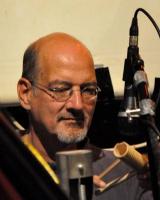

|
Amnon Wolman (b. April 20, 1955) is a sound artist and composer whose work is grounded in a belief that music as an art form expresses many dissimilar ideas of beauty. He works in four arenas: sound art, performance sound-art, composition and collaborative projects. His interest and involvement in technology and in issues of time-information guide his work alongside long-standing interests in the creative process, the relationship between a performer and an artist, and collaborations. Various performance organizations, galleries and museums present his works, and publications of some works, both audio and text, are available commercially. Among them Heinz Holliger, Charles Neidich, Ursula Oppens, Harry Sparnaay, Benny Sluchin, Ensemble Modern premiered his works, some of which were given awards at competitions such as at the Prix Ars Electronica and at the Karl-Sczuka Preis of the Südwestfunk. Among the festivals that program his works are Ultima, ISCM World Music Days, ICMC and shown at the San Francisco Museum of Modern art, MCA-Chicago, Haifa Museum of Art, Bat Yam Museum of Art, Block Museum Evanston, GASP Gallery in Boston, Diapason Sound Gallery NY and others. Amnon Wolman is the artistic director of Ensemble Musica Nova in
Tel Aviv, and is a well-regarded professor of composition. He taught at
Northwestern University, The City University of New York-Brooklyn College,
Tel Aviv University, and in numerous master classes and summer courses.
He is currently on the faculty of the Jerusalem Academy of Music and Dance,
and in the fall of 2012 he was the Schusterman Fellow at Harvard University. == Biography from the Jerusalem Academy website
|
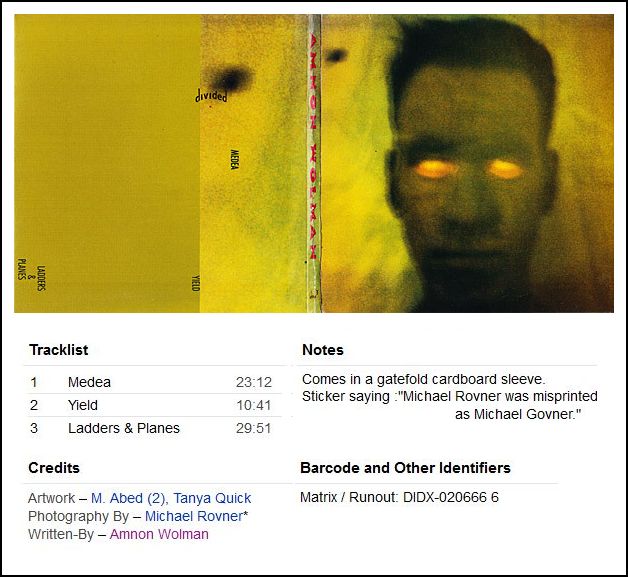
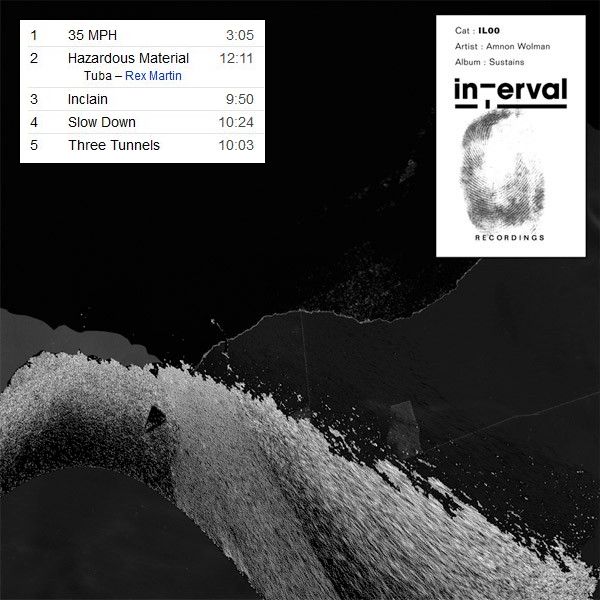
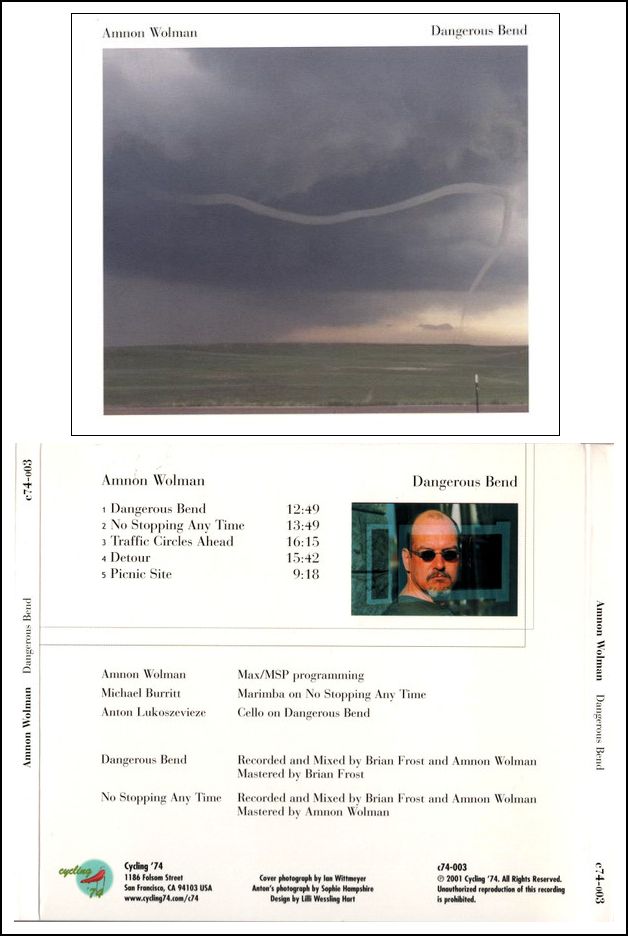
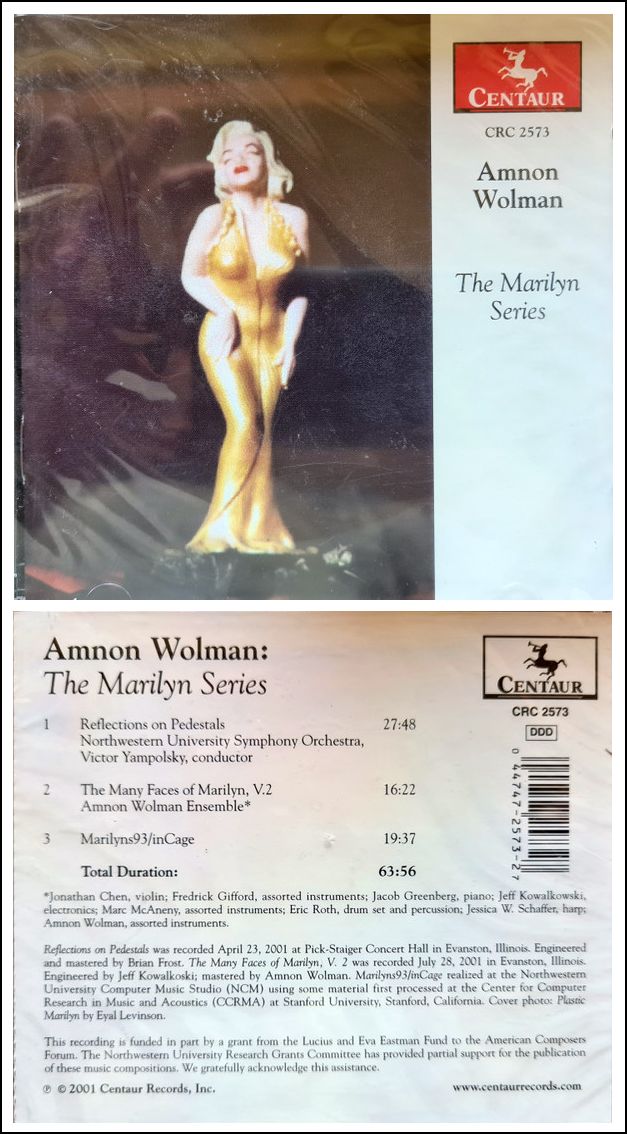
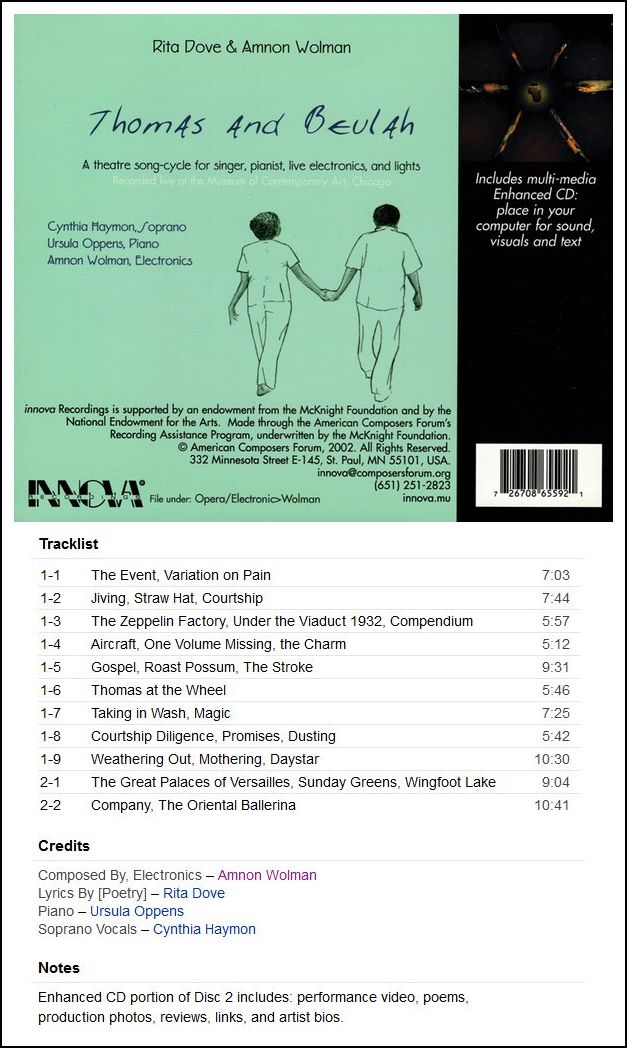
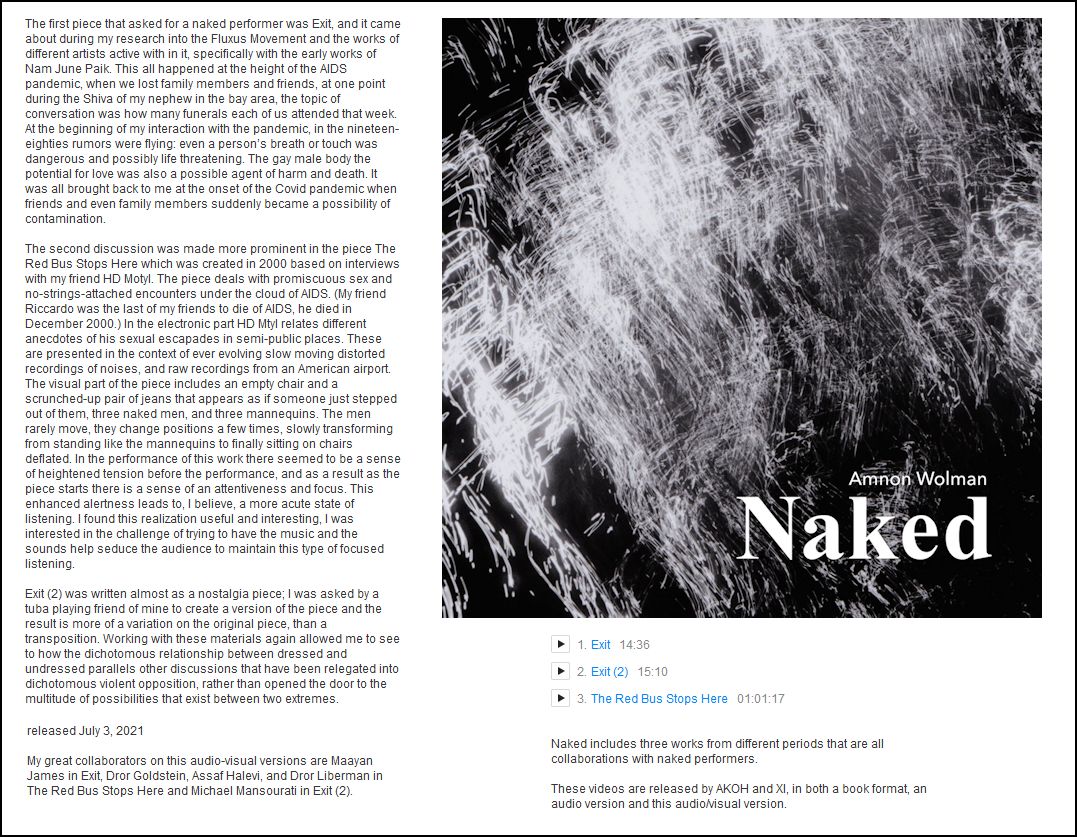
© 2004 Bruce Duffie
This conversation was recorded in my office at Northwestern University in Evanston, Illinois, on April 30, 2004. Portions were broadcast on WNUR the following July, and again in 2015. This transcription was made in 2022, and posted on this website at that time. My thanks to British soprano Una Barry for her help in preparing this website presentation.
To see a full list (with links) of interviews which have been transcribed and posted on this website, click here. To read my thoughts on editing these interviews for print, as well as a few other interesting observations, click here.
Award - winning broadcaster Bruce Duffie was with WNIB, Classical 97 in Chicago from 1975 until its final moment as a classical station in February of 2001. His interviews have also appeared in various magazines and journals since 1980, and he now continues his broadcast series on WNUR-FM, as well as on Contemporary Classical Internet Radio.
You are invited to visit his website for more information about his work, including selected transcripts of other interviews, plus a full list of his guests. He would also like to call your attention to the photos and information about his grandfather, who was a pioneer in the automotive field more than a century ago. You may also send him E-Mail with comments, questions and suggestions.